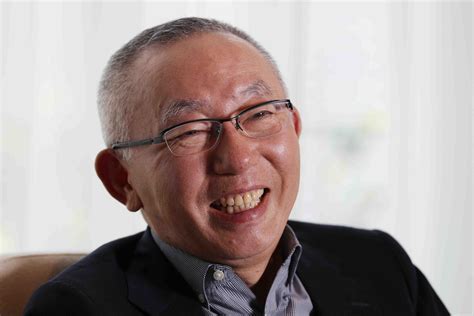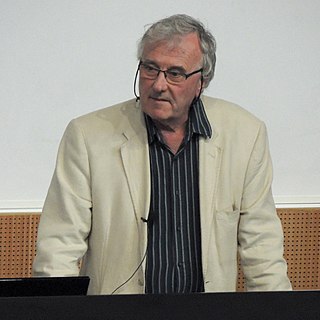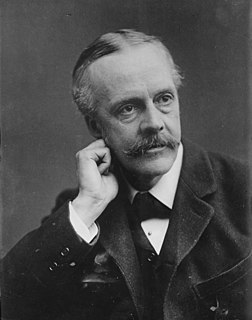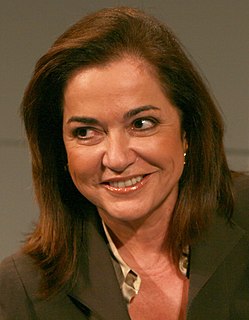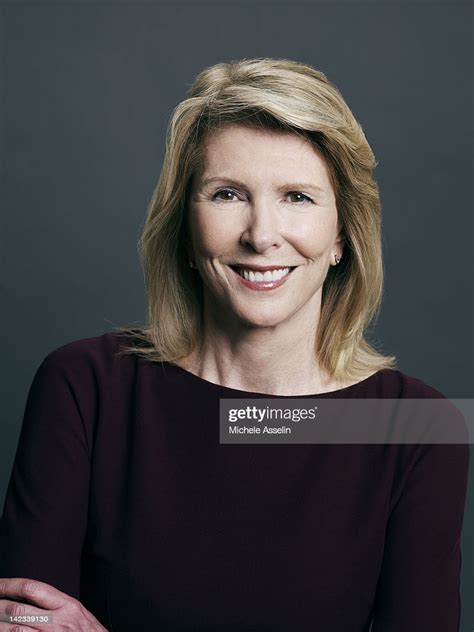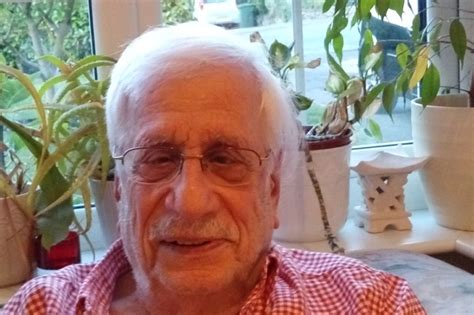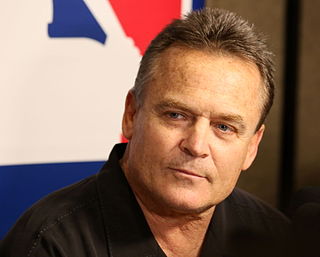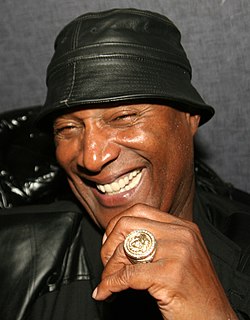Top 1200 Political Change Quotes & Sayings
Explore popular Political Change quotes.
Last updated on April 14, 2025.
The old battle between Christian Democrats and Social Democrats is now meaningless, not least because the social structures that underlay those parties, the church and the unions, have faded away. Nationalists and populists understood this change earlier; now the rest of the political world needs to understand that the political lines have been redrawn and it's time to change.
Museums have no political power, but they do have the possibility of influencing the political process. This is a complete change from their role in the early days of collecting and hoarding the world to one of using the collections as an archive for a changing world. This role is not merely scientifically important, but it is also a cultural necessity.
For me, what is political is very personal. Politics are not this abstract idea. Laws are the rules that dictate how we live our lives. What we eat is political. How we dress is political. Where we live is political. All of these things are influenced by political decision-making, and it's important to be part of the process.
Climate change should not fundamentally be seen as a political or partisan issue, but it has been turned into a political football primarily by the climate deniers who have a vested interested in maintaining the status quo. That includes certain industrial interests, financial interests and political interests.
But science is the great instrument of social change, all the greater because its object is not change but knowledge, and its silent appropriation of this dominant function, amid the din of political and religious strife, is the most vital of all the revolutions which have marked the development of modern civilisation.
I confess to feeling continued ambivalence about political life, aware of its shortcomings and disappointments, but drawn back to it again and again because of its infinite promise. Justice can triumph, wrongs can be righted, and pain can be alleviated, if the right fix is found. The optimistic illusion that one can change the world is difficult to resist, especially when from time to time that illusion is sustained by even a hint of reality. Change does happen in the political process.
My generation was going to change the direction America took. I was completely convinced that we would have a very different kind of society as a result of the protests that I was part of, and I think that's partially true. We obviously never really got to what many of my generation believed was possible, but the amount of change I've seen in my lifetime, both social change and political change, is staggering. I think my generation can take a little bit of credit for that by just opening up the conversation.
I'm fighting for real change, not just partisan change where everybody else gets rich but you. I'm fighting all of us across the country are fighting for peaceful regime change in our own country. The media donor political complex that's bled this country dry has to be replaced with a new government of, by, and for the people.
America, like Britain before her, is now the great defender of the Status Quo. She has committed herself against revolution and radical change in the underdeveloped world because independent governments would destroy the world economic and political system, which assures the United States its disproportionate share of economic and political power ... America's preeminent wealth depends upon keeping things in the underdeveloped world much as they are, allowing change and modernization to proceed only in a controlled, orderly, and nonthreatening way.
We are deceiving ourselves if we believe that a literary work written and published in a country where 70 per cent of the population is illiterate, can change the political and social life of the country..it is up to political organization..and not to romantic literature.. to change the present situation.
Our marvelous new information technologies boost our power and opportunities for political engagement, but they can also disempower us by contributing to extreme political mobilization that sometimes overwhelms our institutions. These institutions were designed for rural societies operation at a tiny fraction of today's speed and with a citizenry vastly less capable that today's. It's unclear how they will change to adapt to the new reality, but change they must.
This is a very special Greek kind of socialist, all the social democratic parties in Europe are against this idea and I think that the dividing line today in the Greek political system is not the centre right or socialist, the real dividing line is between those parties and those political forces who really believe that Greece should stay in the Eurozone and make the efforts and change, and make the reforms and change the old and Mr Tsipras who is really resisting any kind of change in Greece.
